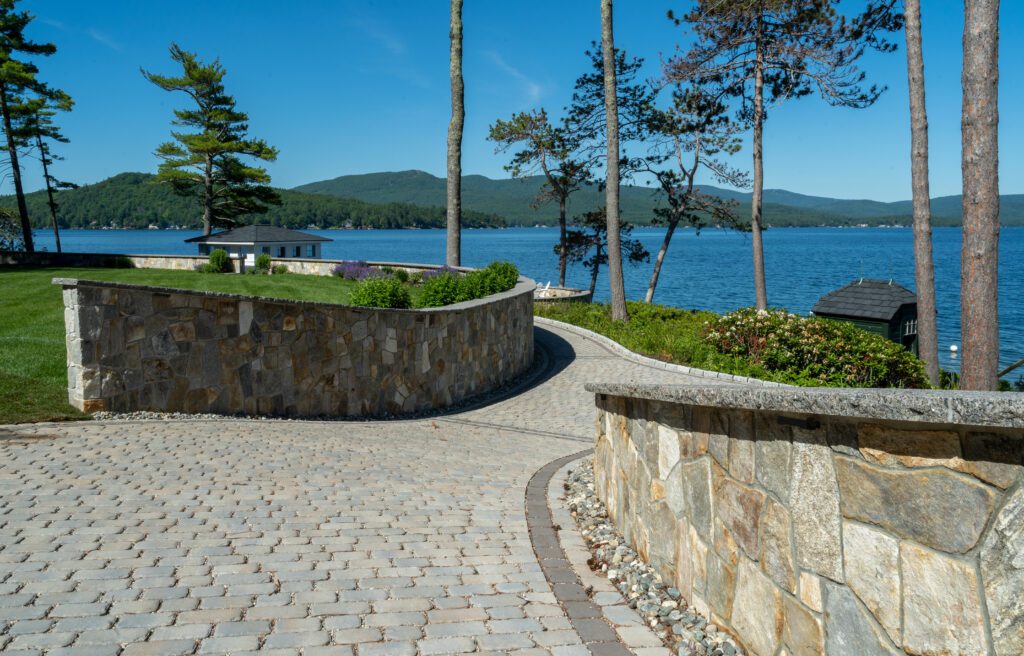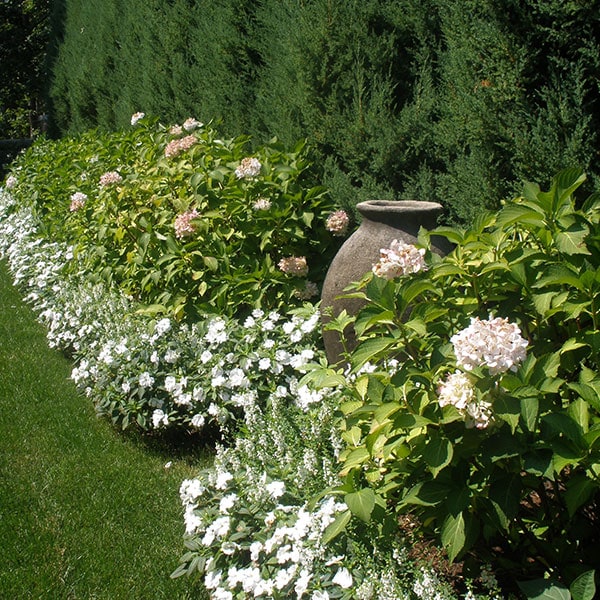When Is A Permit Required For Landscape Construction?
If you live on the Seacoast of New Hampshire, or in southern Maine, it’s likely you live near a marsh, river, lake, coastline, or a vernal pond. If that’s the case and you’re looking to make changes to your landscape, you’ll need a permit. Why?
Largely because the beautiful towns in which we are so lucky to live, want to protect the water quality and vegetative buffers that provide natural erosion control. When soil gets into our water supply, it de-oxygenates the water and can kill wildlife and affect the quality of our water. No one wants that.
Because of these concerns there are even more protections in place and many towns have established Conservation Commissions, adding another layer to the permitting process. These commissions are focused on preventing water pollution, protecting animals and wildlife, preventing the planting of non-indigenous and/or exotic plants which are not natural to our area, and more to keep sensitive areas healthy.
Obtaining a Landscape Project Permit in NH or Maine
Your local town hall is a great resource and most will have a map of the wetlands near you. If your project involves any equipment or excavation, you’ll want to work with a professional to create a landscape design to scale with necessary set-backs, so that a civil engineer can then create a CAD drawing to use for the approvals process. Typically, 6-7 individuals are contacted for the necessary approvals to go through, these include representatives from the State, Town, and Abutters to your property. Your landscape architect and civil engineer will help you understand everything you can and cannot do with your design plan. This includes recommending the types of materials that would be more beneficial for the environment such as driveways, walkways, and patios — and as such will be more likely to yield a green light on your permit. There are new laws requiring homeowners to incorporate for 30% of your planned construction area — this is part of erosion control, which can lead to the water quality issues we discussed earlier.
In addition to new materials, there are new methods that help protect the environment including adding a leach field underneath the driveway or patio, which requires excavating a deeper area to add a layer of stone topped with permeable surface material to create air and space for water to disperse more easily. There are many regulations and factors that go into a successful landscape construction project.
Working with landscape professionals who are up-to-date on all the latest laws, materials, and methods is your best bet for a smooth permitting and project process. If you have a landscape construction in mind, live in New Hampshire or Southern Maine, and aren’t sure how to get started, contact Piscataqua Landscaping and we’ll point you in the right direction.




